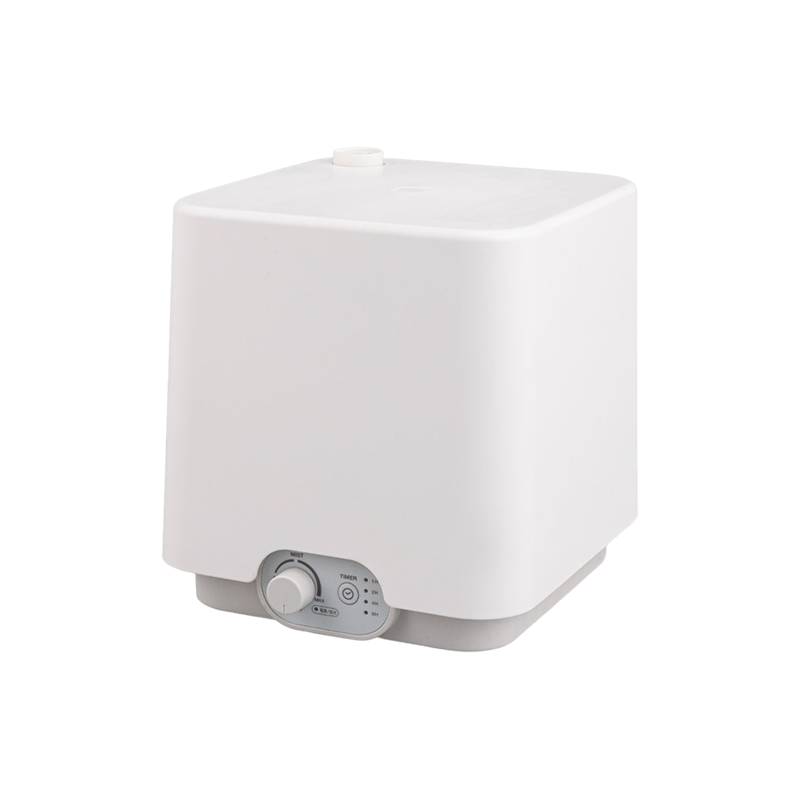An Air Humidifier is a common electrical appliance for increasing the humidity in a single room or a whole building. Not only can they reduce the feeling of dryness, they can also help with the prevention of the spread of germs and snoring. If you are interested in buying an Air Humidifier for your home or office, this article will help you decide whether one is right for you. We will go over the advantages of air humidifiers and what to look for in one.
Reduces dryness
A humidifier can help your skin stay healthy. Dry air can strip your skin of moisture, leaving it looking dull and flaky. This can also cause your lips to crack. A humidifier will keep your skin at an optimal level of 40-60% humidity, which is the optimum range for healthy skin. It is also important to remember that dry air is unhealthy for your body and can cause a wide range of health problems.
One of the benefits of using an air humidifier is that it can make your home feel warmer and more comfortable. Dry air can also cause skin conditions like eczema and chronic skin problems to flare up. A humidifier can also help your child breathe better and reduce the chances of them developing a cold or other chronic health problem. It can also help clear up nasal passages and relieve congestion. And while it may sound strange, a humidifier can even make your nose feel better.

Improves indoor air quality
When deciding on an air humidifier, you'll want to look for one that controls the humidity levels. High humidity is detrimental to the health of residents. When temperatures rise, the humidity inside the house increases. Insufficient humidity can lead to inadequate hygiene. The right humidity level can make all the difference in your home. Read on to learn how to use an air humidifier to improve your indoor air quality. Listed below are some reasons why high humidity is so harmful to your health.
A low humidity level can lead to a chilly feeling, especially during the winter. In addition to being uncomfortable, this low humidity level can lead to serious consequences for your home and health. Humidifiers help reduce these negative effects and increase indoor air quality. By generating moisture in the air, they can even improve the overall temperature of a room. Besides being beneficial to the home, humidifiers also lower indoor temperatures, which reduces energy bills.
Reduces spread of germs
Using an air humidifier can help reduce the spread of germs. There are many benefits to this device, including the fact that it provides added protection from viruses. Air humidity is also crucial in reducing the growth of mold, which can trigger respiratory illnesses like asthma. Mold spores can also cause allergic reactions. Despite the benefits of using an air humidifier, experts remain divided on the subject. Other methods to prevent the spread of germs are wearing a mask, ensuring good ventilation and filtration, and washing your hands often.
According to a study published by researchers at the University of Sydney and the Fudan University School of Public Health, a 10% decrease in relative humidity doubles the risk of contracting coronavirus. These findings hold true for both indoor and outdoor environments. Although this connection is not new, it is worth considering. In addition to this, it is also thought that dry air increases the spread of viruses. Because of this, it is wise to keep the relative humidity of your indoor environment between 40 and 60 percent.
Improves snoring
A humidifier will not only improve the air quality in your home, but it will also reduce the likelihood of catching the flu. Flu viruses can be inactivated in air with humidity of over 40 percent. Dry air can also result in an unproductive cough. Increasing the humidity in the air will help your cough be more productive and get more moisture into your airways. Increasing the humidity in your bedroom will also reduce the occurrence of snoring.
Dry air can cause snoring because it can make airways more constricted. Dry air constricts the breathing passages, causing a constricted throat and nasal congestion. Dry air can also cause the respiratory airway to overcompensate, creating more mucus and more vibration. Having a humidifier in your room will relieve some of the discomfort associated with dry air, making it easier to sleep.
Reduces allergy symptoms
A humidifier can help reduce allergies by releasing steam and water vapor into the air. Humidity is the amount of water vapor in the air, and a higher humidity will help alleviate allergy symptoms. A humidifier can also help sinusitis sufferers because the proper humidity level will keep the nasal passages clear of mucus, so the body can eliminate allergens. Using a humidifier in your home can help alleviate the symptoms of sinusitis.
According to the Environmental Protection Agency, the relative humidity in the air should be between thirty and fifty percent. This level will reduce the amount

 English
English 中文简体
中文简体











